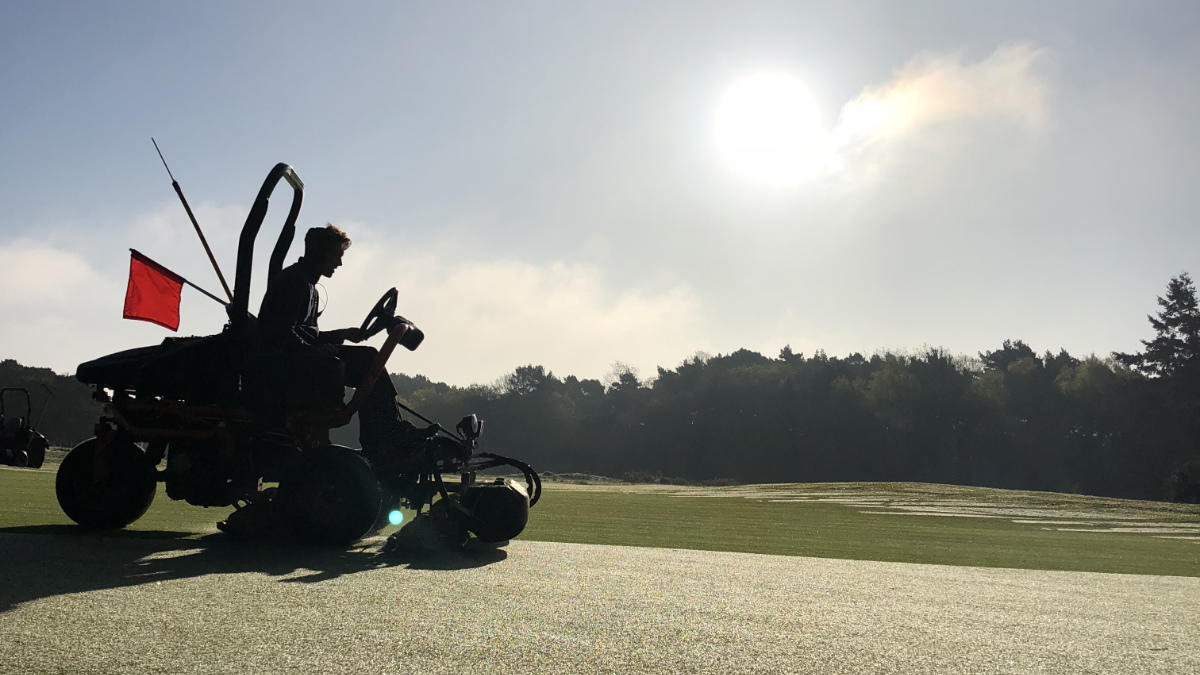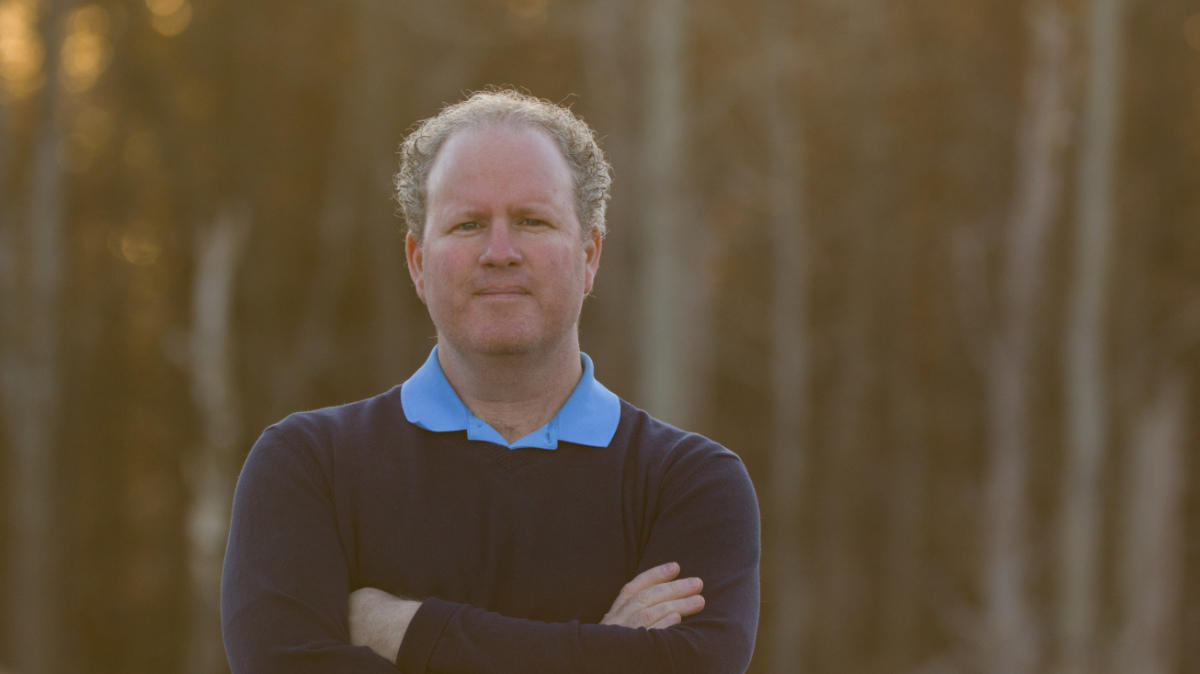- Homepage
- News and Features
- You are the most important tool you possess
You are the most important tool you possess

Our jobs as greenkeepers has never been more difficult.
Shrinking budgets, a constantly changing workforce, ever rising expectations; the list is endless. Add the current state of world politics, the real threat of climate change and the normal stressors of daily living and you have what amounts to a tough day at the office.
We are inundated by the message that if we just purchase the next great gadget or programme, our lives will magically change and everything will be alright. As superintendents we are under constant pressure to find that elusive formula that will allow us to produce better golfing conditions with fewer resources than ever before.
What if a salesman came to your office and offered you a simple programme that would allow you to:
- better utilise the resources your turf already has on hand;
- better equip your turf to fight the stress of the long golf season;
- boost immunity and resistance, making your turf less prone to disease;
- increase winter hardiness of your turf;
- generally make your life as a turf manager better?
And what if they said to you that all you need to do is stick with it, show a wee bit of discipline, and you will witness a transformation you never thought possible? And the best part of all, the program is practically free.
Does this sound too good to be true? Are you ready to show this snake oil huckster the exit? I don't blame you.
But here is the rub: what if we replaced the words ‘your turf’ with the word, ‘you’? Take a moment, go back through those questions and give it a try.
How does it sound in your mind? A tad uncomfortable? Don’t worry that’s to be expected.
But trust me when I say that adopting this new paradigm can make a world of difference in the quality of your life.

The magic bullet we are referring to here is the powerful habit of self-care. We spend so much of our time at work taking care of everything around us. We use best cultural practices to keep our turf healthy; we use preventative maintenance to keep our gear operating as efficiently as possible; we spend a great deal of our energy fostering good relationships with our managers, owners, and staff.
But have you ever sat back and asked yourself how much effort you put towards your own wellbeing? I’m not referring to the last conference or seminar you attended to improve your agronomic knowledge, I’m talking about the last time you made taking care of your health a real priority.
On the surface the words ‘self-care’ can sound selfish. Greenkeepers are often the sort of people who tend to defer their own needs and care for others first. We are the ones whom people come to when things need to be fixed or problems solved. Focusing on ourselves makes us uncomfortable and unsure of where to even begin.
But allow me to present an argument. I think that if we are not making self-care a top priority, we are not doing our jobs properly. If we are not making our own health and wellbeing paramount, then we are doing our employers, staff, golfers, our families, and most importantly ourselves a great disservice.
So where does one begin this journey towards regaining some semblance of balance and wellbeing? The easy answer is anywhere at all; as long as you commit to a starting point for taking care of yourself, you can’t go wrong.
Here are a few pointers I’ve picked up over the years to get you started:
- Eating well – the fuel we use to provide ourselves with the necessary energy to make it through the day has a major effect on our overall health. What we take in has a huge effect on our energy levels, as well as mood and mindset. There are lots of ways to shift eating towards healthier alternatives, but focusing on eating real, unprocessed food is a good place to start. Simply placing your intention on eating well will better enable you to bring mindful awareness to what foods work best for your body.
- Exercise – As we begin to focus on what we put into our bodies, the next logical step becomes paying attention to how we are physically moving throughout our day. Again, the how and what you do are not as important as just doing something. The bottom line is you need to get out and get your body moving. Our jobs are physical by nature, but digging an irrigation hole is not the same as taking a walk through the forest or playing football with your kids.
- Sleep – This one often gets left out, but the argument could be made within our industry that getting adequate rest may be the secret to operating at peak efficiency. We work early mornings and long hours, and so it stands to reason that our bodies simply need more time to rest. Simply put, make sure you get adequate sleep, because sleep deprivation is cumulative in nature and wreaks havoc on our bodies as we age.
- Mental Health – The elephant in the room is oftentimes our mental wellbeing. We are conditioned to keep any problems of this nature behind closed doors and soldier on. But let me tell you straight up, it’s a myth and a lie. Our mental wellbeing is critical to our overall heath and balance. The job of greenkeeping carries with it many variables and factors that can, over time, grind you down. If we don’t have adequate safeguards in place to attend to our mental health then we are especially vulnerable. Things like ensuring you have a network of people that you can regularly talk to about issues, practicing a mindful approach to living, and balancing your own expectations can go a long way to ensuring your mental health remains a priority.
If you are looking for a new approach to your job or your life in general, you could start by putting self-care at the top of your next ‘to do’ list. If you take it slow, use positive intention, a liberal dose of compassion, and non-judging you will be amazed by the results. The best part is that those that matter most to you will be forever grateful.
Author

